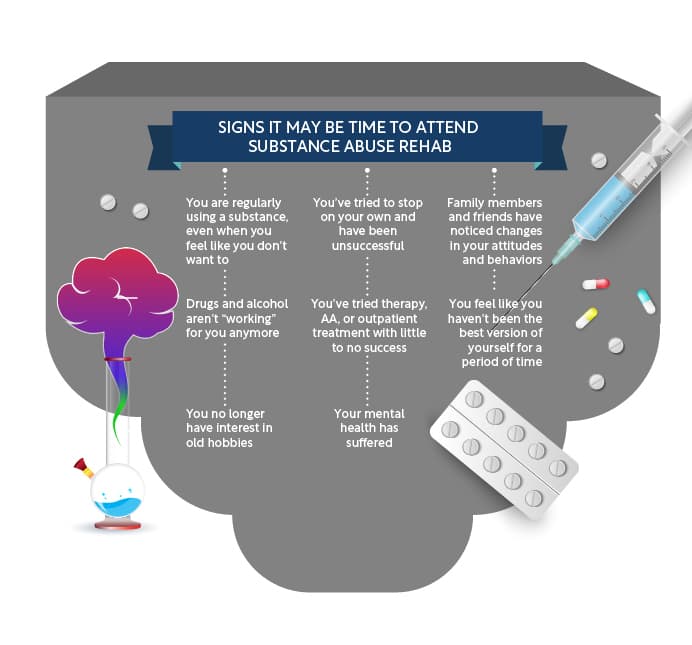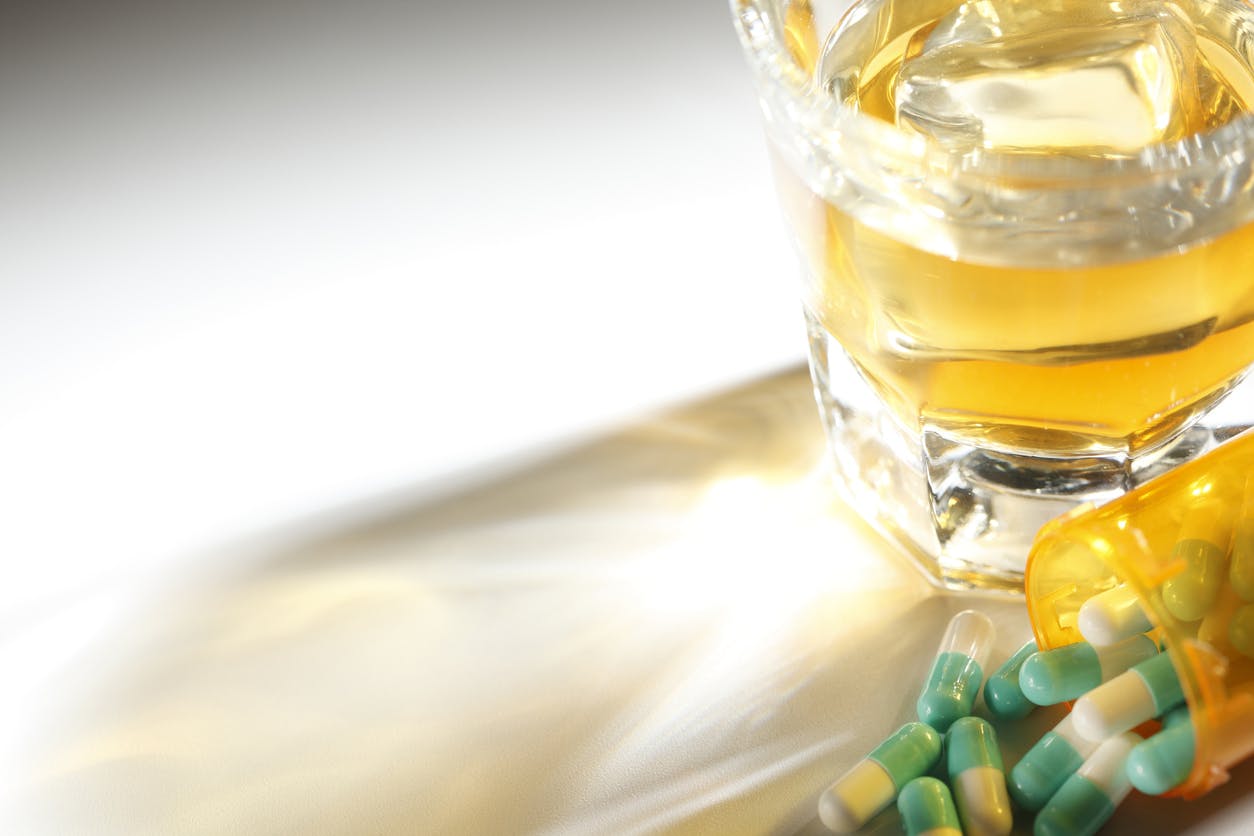Offering an Addiction Treatment Solution Like No Other
Use the interactive map below to find one of our drug and alcohol centers nearest to you. Or, look at the list of all drug and alcohol centers treatment center locations along with images and more details.
Find the location that works for you.
Why Do Adults Become Addicted to Drugs and Need Rehab?
There are many reasons why so many young adults became addicted to drugs.
Here is a list of the most common reasons alcohol treatment centers typically hear.
1. Drugs are powerful—they fill the perceived boredom many young people experience.
Drugs deliver (at least initially) on the promises they make. At the start, using drugs like heroin, meth, cocaine or marijuana can be a fun and exciting experience.
The catch, of course, is twofold:
- These drugs quit working like they once did, and;
- The negative side effects and serious consequences to a person’s health inevitably outweigh whatever fun provided in the beginning.
Drugs can and do ruin millions of lives and cost billions in wasted dollars each year. Substance and addiction treatment programs fill client’s lives instead with purpose and meaning that only a life in recovery can provide.
2. Young people see friends, role models or famous movie stars using drugs and think they can do the same.
“Peer pressure” is a real phenomenon, but the concept is frequently misunderstood as the tired cliché: ‘Come on. Try it. It’ll make you fly.’ Our culture is inundated with images of alcohol and drug use in both the media and online; often those who view it see absolutely no repercussions for the user whatsoever.
Of course, that’s just not reality. The fact is that virtually no one can use drugs for any length of time without something bad happening (i.e. legal issues, health, job loss, or broken relationships).
Good drug rehab centers will confront this fiction and offer a new, solid foundational approach to life.
3. Some self-medicate to treat an underlying mental illness like clinical depression, anxiety, bipolar disorder, or another disorder.
Oftentimes, a person entering substance use treatment has a misdiagnosed or under-diagnosed co-occurring disorder that has not been addressed. Here especially, there is a dire need for effective treatment.
Some substance abuse treatment programs, like Zinnia Health, partner with mental health professionals who can focus on these disorders simultaneously. This allows patients to find the balance they may not have realized they needed.
Whatever the situation, treatment can help you with your dependence on drugs and alcohol. Millions of Americans every year don’t receive the treatment they need and deserve.
If you or a loved one is seeking drug rehabilitation services, call Zinnia Health at (855) 430-9439.

How to Start the Rehab Process
Whether you’re seeking a drug or alcohol rehab center for your family member, friend, or yourself, admissions professionals are well informed regarding the varied addiction types that exist. They are able to offer insight into the recovery process itself—to let you know that the hope for a new life is real.
Over 23 million people in the United States are addicted to drugs and alcohol, but only 11% of those people will enter a drug rehabilitation center.
Without treatment, the devastation in one’s life will continue and their relationships will be strained.
Drug and alcohol abuse costs billions of dollars per year in lost productivity. Addiction cuts lives short and shatters dreams.
For those who make the hard choice to get treatment, there are numerous options available to beat the addiction and take their lives back.
How do you know if you are abusing a substance?
A person has an addiction and needs a rehab program if they:
- get cravings for a drug or alcohol,
- start consuming more to reach the desired effect, and
- begin to experience negative consequences related to substances but can’t quit on their own.
Review the Substance Abuse and Mental Health Services Administration signs of addiction for more information or call Zinnia Health for assistance. Substance abuse is dangerous and can be life threatening.
How do I know if I need drug rehab for substance abuse?
Anyone who develops a drug and alcohol addiction needs some form of treatment. Underlying causes must be explored in therapy. Oftentimes, you may need to undergo a medical detox to clear the drug from your system.
Some substances have unpleasant and possibly deadly side effects that require the supervision and help from medical care staff. At-home detox is inadequate at providing this necessary support.
You may need to stay in a residential treatment program if your drug addiction is particularly severe or has been ongoing for years.
Different levels of care are more appropriate depending on your specific circumstances. Medical staff and therapists will create an individualized treatment plan to lessen the chances of relapse once the person returns to life outside the facility.

What is the intake process like at an inpatient facility?
At intake, a counselor will assess the severity of the addiction, and determine which type of facility will best meet the patient’s needs. Payment will also be evaluated and processed at intake.
Even if health insurance doesn’t cover a stay, a counselor can help the person find financing or receive state aid so they can get the treatment they need.
How much therapy will I get in drug rehab?
That depends on several factors. If the addiction were precipitated or followed by a comorbid mental health condition, the patient would need more therapy and probably different types of treatment to address the underlying mental health issue.
For some substance abuse issues, group therapy is incredibly helpful for recovery. In support groups, patients get a sense of community and camaraderie in a judgment-free environment, led by a trained therapist.
For ongoing treatment, patients should attend intermittent one-on-one therapy sessions, where they will be able to address current life stressors that may cause a relapse.
Therapists at drug and alcohol rehab programs can offer much-needed guidance on how to handle stress and adverse circumstances positively.
Why is treatment necessary for substance abuse?
Without adequate treatment services, individuals are at an increased risk of relapsing if they attempt to quit on their own.
Withdrawal symptoms for certain substances can be deadly, such as the risk of developing delirium tremens and seizures from alcohol addiction.
Medical supervision by therapists and medical professionals ensures safety throughout the withdrawal process. It can also equip the person in recovery with the tools they will need to live a life free from substance abuse and addiction.
Are you wondering, where’s a drug rehab center near me? Well, if you or someone you know is suffering from addiction, seek treatment from Zinnia Health at (855) 430-9439. We offer both evidence based and holistic health care.

